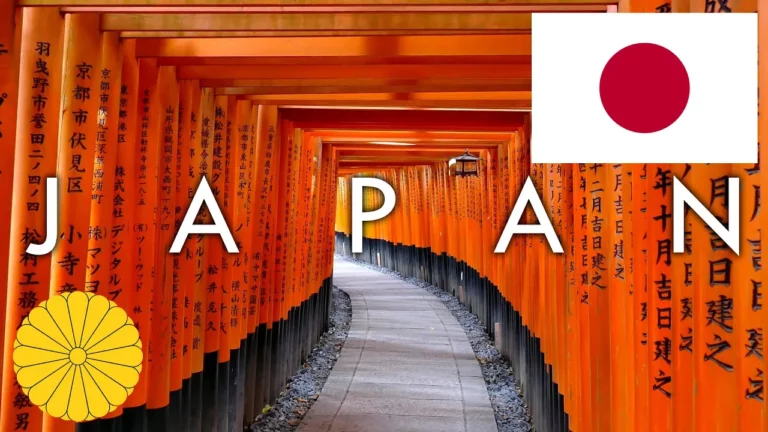Japan is renowned worldwide for its exceptional cleanliness, with visitors often marveling at the pristine streets and well-maintained public areas. But what lies behind this impeccable standard of cleanliness that Japan upholds? The answer goes beyond just efficient waste management systems and extends deep into the cultural fabric of the country.
One of the key factors contributing to Japan’s cleanliness is the strong sense of responsibility ingrained in its citizens from a young age. The education system plays a crucial role in teaching individuals to clean up after themselves, with students actively participating in keeping their classrooms and school premises tidy. This culture of self-responsibility extends beyond schools to homes, where individuals not only maintain cleanliness within their own properties but also take care of public areas surrounding them.
Moreover, Japan’s cultural practices rooted in Shinto and Buddhism emphasize the importance of cleanliness. Ritual purification, such as sweeping shrine grounds and cleansing one’s body, is a common practice that symbolizes spiritual and physical purity. This cultural reverence for cleanliness translates into everyday actions, influencing how people approach tidiness in all aspects of life.
Furthermore, Japan’s commitment to cleanliness is evident in the diligent efforts of various groups and individuals dedicated to maintaining public spaces. From silver-haired seniors known as Silver Jinzai who engage in community clean-ups to local businesses organizing street cleaning initiatives, there is a collective sense of responsibility towards keeping the environment clean.
The meticulous waste management system in Japan also plays a crucial role in maintaining cleanliness. From segregated waste disposal practices to regular collection schedules, the country ensures that waste is efficiently managed and public areas remain free of litter.
In conclusion, Japan’s impeccable cleanliness is not solely a result of advanced infrastructure or strict regulations but a reflection of the deep-rooted cultural values that prioritize cleanliness and shared responsibility. By embracing a culture of cleanliness inspired by tradition and societal norms, Japan sets a global standard for maintaining pristine surroundings and fostering a sense of community well-being.












